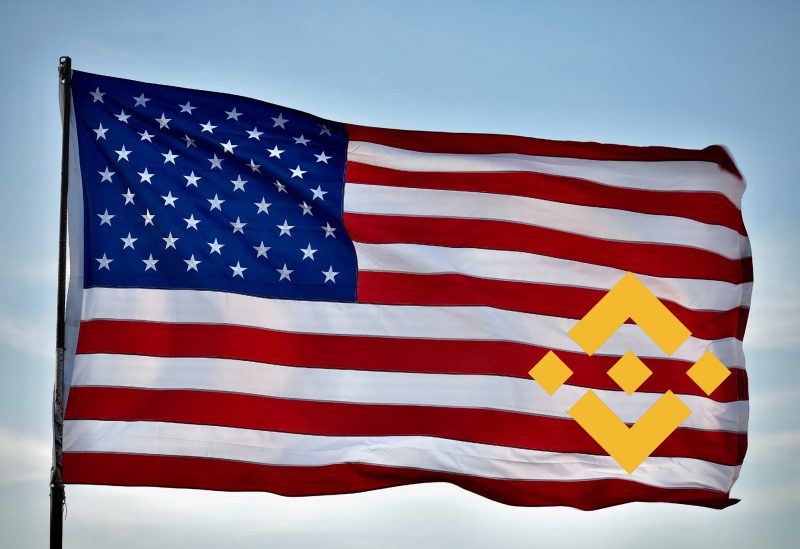The collapse of Terra and its assets UST and LUNA caused immense damage throughout the market. While everyone associated with the project is subject to immense scrutiny and probe, crypto exchanges also had to pay a price. The world’s largest crypto exchange, Binance seems to have fallen under the radar of the regulators. Now, its customers were also hitting back.
Earlier today, around 2,000 Terra investors decided to file a lawsuit against Binance’s US wing, Binance. US. A class-action lawsuit was filed in North California, this emerged as the very first US-based court filing against Terra. A US-based firm, Roche Freedman LLP is reportedly overseeing the case.
In the 72-page long lawsuit, the investors alleged that Binance misled investors regarding the Terra. False marketing took the front stage here as the primary reason for the investors losing out on funds. The fact that LUNA veered close to zero came as a shock to many. Binance.US was called out for promoting the sale of the stablecoin and carrying out airdrops of assets that were “designed to increase trading volume.”
The entire world witnessed the demise of Terra. The de-pegging of its algorithmic stablecoin UST acted as a catalyst for the collapse of the entire network. The magnitude of the crash was so extensive that an array of investors spoke about how they were suicidal and broke.
Is Binance.US violating US securities laws?
After Terra investors from South Korea hit Do Kwon with a lawsuit, exchanges across the globe expected legal altercations against them. However, Binance would certainly be caught off guard as it was also accused of not being registered.
Additionally, Binance rolled out a platform exclusively for its US customers to be compliant with the laws presented in the country. Now, however, the lawsuit was seen targeting the platform’s existence itself. The lawsuit read further,
“Binance U.S.’s business model is premised on illegally enabling the sales of unregistered securities to as many U.S. investors as possible, as often as possible.”





